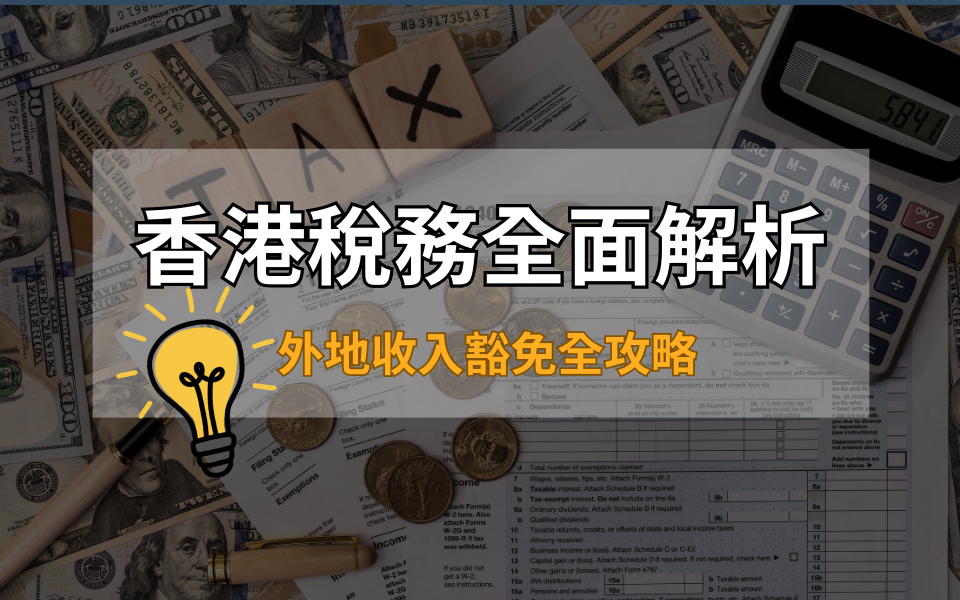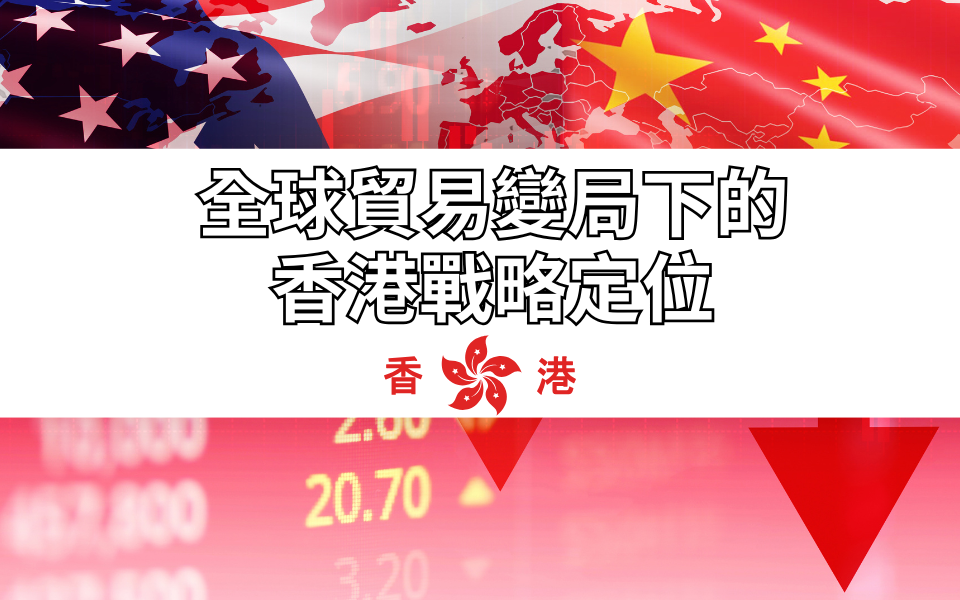The U.S. Federal Reserve announced on May 8 that it would maintain its benchmark interest rate at 4.25-4.5%, marking a continued pause in its tightening cycle amid lingering economic uncertainties. While the decision aligned with market expectations, the Hong Kong Monetary Authority (HKMA) cautioned that local interbank rates, particularly short-term Hibor, remain vulnerable to liquidity fluctuations and external risks.
In a statement, the HKMA highlighted that the Fed’s cautious stance reflects growing concerns over inflation and growth risks exacerbated by recent U.S. trade policy shifts, including newly proposed tariffs. These measures, the authority warned, could complicate the global economic outlook and amplify financial market volatility.
Hong Kong’s Liquidity Dynamics in Focus
The HKMA noted that the Hong Kong dollar’s recent strength—pushing it to the 7.75-per-U.S.-dollar strong-side convertibility threshold—was driven by robust equity-related demand and broader regional currency appreciation against the greenback. To stabilize the exchange rate under the Linked Exchange Rate System (LERS), the HKMA intervened by selling HK1.05 billion) and purchasing U.S. dollars, boosting the aggregate balance of the banking system to HK$46.3 billion. This liquidity injection contributed to a dip in short-term Hibor rates, with the one-month rate retreating from recent highs.
However, the authority emphasized that Hibor trends will stay sensitive to shifts in capital flows and liquidity conditions. “Market participants should brace for potential volatility, especially in shorter-tenor rates, as global uncertainties persist,” the HKMA said.
Risks and Vigilance
With U.S. monetary policy and trade tensions poised to dominate market sentiment, the HKMA urged households and businesses to exercise prudence in financial decisions, particularly regarding mortgages, investments, and debt management. The authority reiterated its commitment to safeguarding monetary stability through proactive market monitoring and liquidity operations.
Analysts suggest that while Hong Kong’s financial system remains resilient, prolonged Fed rate cuts delays and escalating geopolitical friction could sustain pressure on Hibor. “Investors are underestimating how quickly liquidity conditions might tighten again if global risk sentiment sours,” said a senior economist at a major Asian bank.
The HKMA’s warning underscores the challenges facing export-reliant economies like Hong Kong as they navigate divergent monetary policies, trade headwinds, and unpredictable capital movements. Market attention now turns to upcoming U.S. inflation data and the Fed’s June meeting for clearer signals on the rate trajectory.



